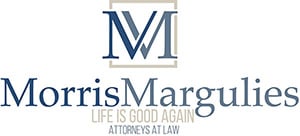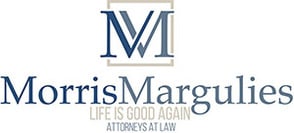There are several conditions that if met will allow a debtor to discharge both state and federal income tax liabilities in a bankruptcy case. These conditions are: First, the taxes that are owed are for the tax year that became due more than three years prior to the filing of the bankruptcy case. For example, if you file a Chapter 7 case on June 15, 2015, taxes that were owed for the years 2012 backward in time would be discharged if you filed the 2012 return when it was due on April 15, 2012. If you received an extension to file the 2012 return until August of 2012, then the 2012 tax liability would not be discharged, unless you filed the bankruptcy case in September of 2015. If you filed the return early, in February of 2012, the tax debt would not be dischargeable until April 16, 2015 because the law provides that the taxes are discharged when they became due, which is usually around the 15th of April. The qualification is that you must have filed the return. The tax debt will not be discharged if the IRS completed a return on your behalf, even if you later filed one after the IRS filed one.
Second, the return had to be filed more than two years before the debtor filed for bankruptcy. “Filed” generally means the date the IRS received the return, not the date the debtor mailed the return.
Third, the IRS or the state must have assessed the tax debt at least 240 days before the filing of the bankruptcy case. The 240-day period is extended during the time an offer in compromise is pending, plus 30 days.
Fourth, the tax return that was filed was not fraudulent; and finally, the debtor did not engage in activity that would be considered willful attempts to defeat or evade the tax. Some examples of fraud or willful evasion include concealing or transferring valuable assets, selling assets to friends or family members for less than the fair market value and losing, concealing or destroying financial documents.
This article is a basic overview of dischargeable taxes, you should not rely on it to determine dischargeability of your particular tax debt. The law in this area is rather complicated and you should review the matter with your attorney who can advise you whether the tax debt that you owe is dischargeable.
Laura Margulies is the principal of Laura Margulies & Associates, LLC. The firm represents people in consumer bankruptcy cases. For more information about the firm go to our web site at: www.law-margulies.com

